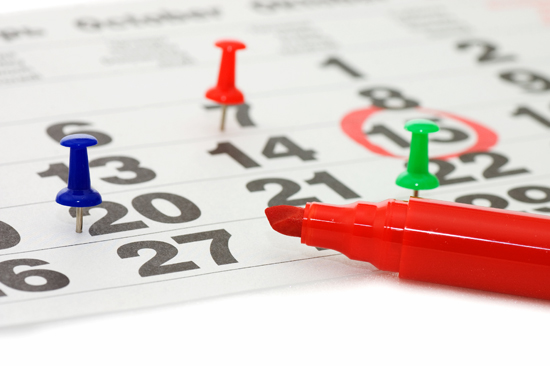Habits, we all have them. The mere mention of the word conjures up the negative ones: smoking, drinking, food, gambling, drugs, and even sex. We often associate them with addictions. Even the normal daily activities we get on with are negatively coupled with this word. How many times have we said or heard:
- “I’m habitually late.”
- “This is starting to become a habit.”
- “I have habitual insomnia.”
- “I habitually forget my mum’s birthday.”
(By the way, better kick that last habit straight away.) But why are we all so inclined to think of habits negatively? Are habits just masked addictions? And is there a difference?

The Power of Habits
The routine habits of our lives define our existence. We are simply the accumulation of our habits, and we tend to focus on bad ones. It’s in our nature. However, we can empower ourselves by fueling good habits to replace the bad ones by incorporating a better methodology for managing those that are good, specifically running.
Before we get to running, let’s first take a quick look at habit formation:
Psychology Today reports in Understanding Habit Formation that, “Habit formation is the process by which new behaviors become automatic. If you instinctively reach for a cigarette the moment you wake up in the morning, you have a habit. By the same token, if you lace up your running shoes and hit the streets as soon as you get home, you’ve acquired a habit. That’s because the behavioral patterns we repeat most often are literally etched in our neural pathways.”
Running is “etched” in our brains. We know that, we’re runners and yes maybe we are addicted to the act. Well, most of us are and many would like to be, but cannot. Life’s distractions and a lack of understanding of how to seamlessly incorporate good habits into our lives prevent us from doing so.
If you’re a casual runner and the act is not in your queue of daily habits, well it can be done easily. Follow these 4 steps and running will become a comforting ritual. Rather than a silly acronym, let’s summarize the steps with a sentence: “PLAN FOR REGULAR REWARDS RUNNING TOGETHER” Here’s how:
Plan For
Whether you are training for a marathon or just want to run a little more than you currently do, create a suitable running plan.

Planning gives us focus, motivation and a goal. Part of forming good habits is carefully deciding on what it is we want to accomplish. If you tell yourself you want to be able to consistently run 30 kilometers per week, carefully map out which days you will run, how far and how long. Write it down and look at it. The eyes will forge the plan to the brain, and thus, a habit is born.
Planning the specific date, distance and time of your running will cue your brain to expect this, and it will respond by anticipating it as a habit.
Regular
Keep your plan simple, predictable and regular.
Predictability in scheduling the time of day you choose to run will help adjust your body and mind to the habit. We get up at a particular time each day and proceed on a predictable time table, so our brain knows when it’s time for certain activities. Our cerebral cortex has a clock and it will expect to run at a certain time each day, if it’s accustomed to it.
Many runners must run in the morning. Some only run at night. No matter, the body just wants a regular schedule to process this as a habit.
The added benefit to choosing a regular time of day: our loved ones are more apt to give us the time and space to do so. Families will understand the benefits of giving you the time to exercise. Running improves energy, appearance and most importantly to our families, mood and temperament. Your family likes that you run.
Rewards
Reward yourself immediately after a good run. The reward system helps trigger positive thoughts associated with the activity.
Have a sweet morsel awaiting you after you’ve finished. You’ve burned the calories, enjoy the moment. I have a friend who puts a pound note in a jar after every run for his “pint fund” at the end of his evening run. (I think he enjoys a pint after his run anyway.)
Sleep in on your rest day. Sleep helps the body and brain recover faster, and has also been proven to contribute to longevity.

Rewards trigger running inspiration and stimulate the brain to expect something good for the good of the run. Rewards feed the habit.
Running Together
Enjoy the ritual with friends or loved ones. Make time to run with fellow runners. It helps establish a support system that motivates you to continue the habit. The expectation of accountability from others will force the behavior to be inclusive and thus the social interaction becomes its own habit. It helps to band and bond with others, improves friendship but more importantly, the habit bonds with the brain.
Does any more need to be said?
The Happy Habit of Running
It is widely accepted by scientists that running produces euphoria and happiness that produces a state of clarity and calmness.
Psychology Today further states “By breaking down the change process into measurable goals, rewarding your success and reaching out when you need help, you’ll be on your way to a longer and more fulfilling life.”
Make exercise a habit. It may even “become habit forming”, in a good way. Cheers to your running routine.





